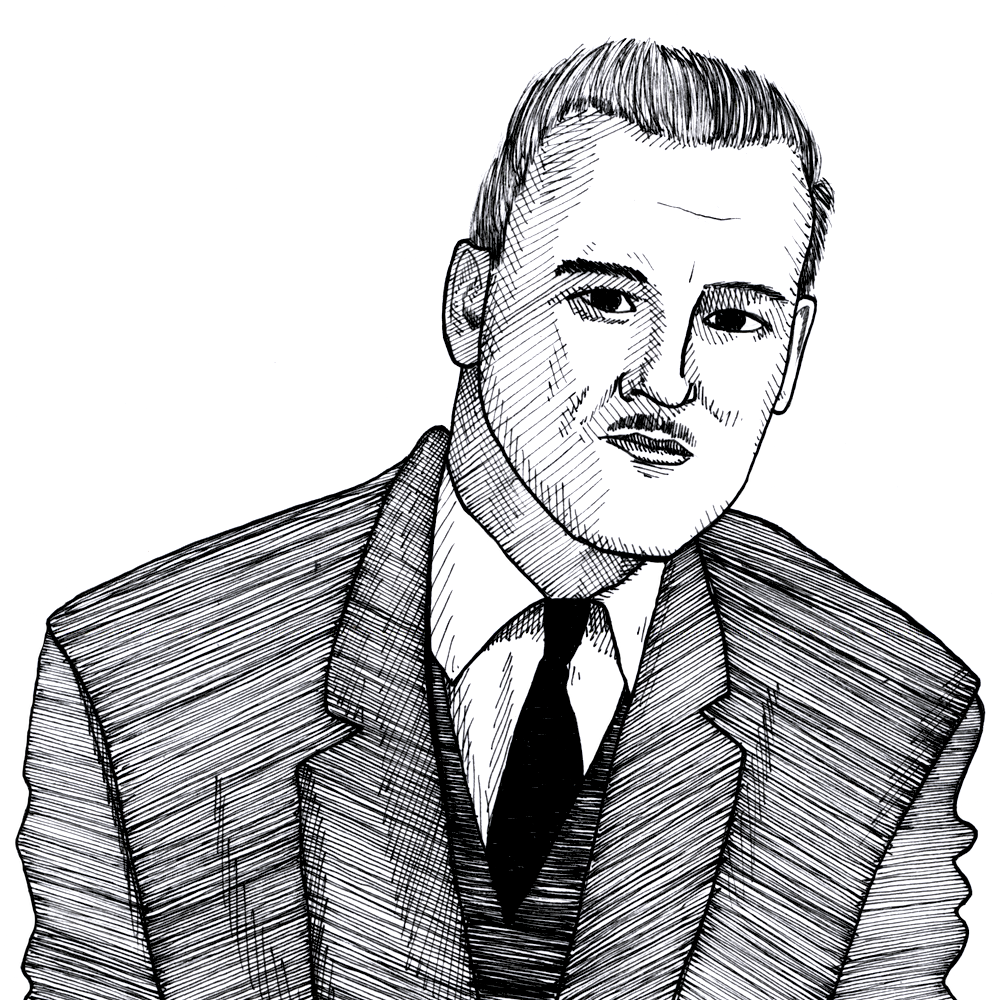
James Buchanan on chaining Leviathan (1975)
Found in: The Collected Works of James M. Buchanan, vol. 7 (The Limits of Liberty)
One of the founders of the Public Choice school of economics, James M. Buchanan (1919-2013), asks the fundamental question of political science - “who will guard us from the guardians”? His answer is a call for a “constitutional revolution” which will “chain Leviathan”:
The State
If, however, the collectivity is empowered to enforce individual rights, how is it to be prevented from going beyond these limits? What are the “rights” of the enforcing agent itself, the state? If we are able, conceptually, to discuss the enforcement of rights and of contracts involving exchanges of rights among persons apart from questions involving exogenous changes in the assignment of rights, we must also be able to specify, again conceptually, the rights of the collectivity to do things. We cannot simply move one step further back and conceive of the appointment or selection of some superior enforcing agent, one that will protect and limit the rights of both individuals and the state. The enforcement hierarchy must stop somewhere, and for our purpose it is well to restrict discussion to the first level. It is relatively easy to think of the collectivity fulfilling its role in protecting person and property from “unlawful” acts carried out by persons. It becomes much more difficult to think of means through which individuals can enforce and protect their rights from “unlawful” acts on behalf of the collectivity itself. How can Leviathan be chained? This problem has worried political philosophers of all ages, but no fully satisfactory answer has been advanced, either as an ideal to be approached or as a practical program to be experienced.